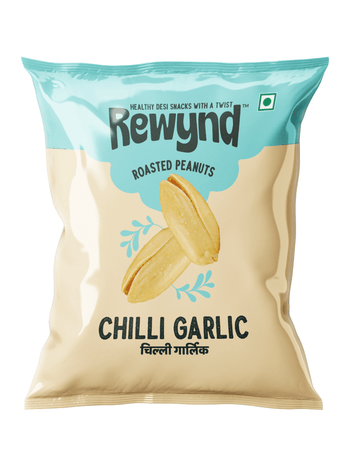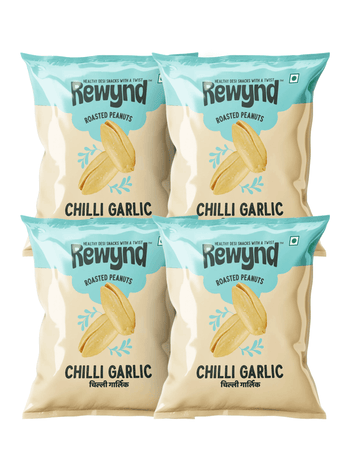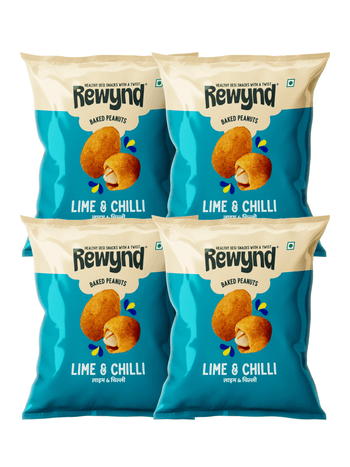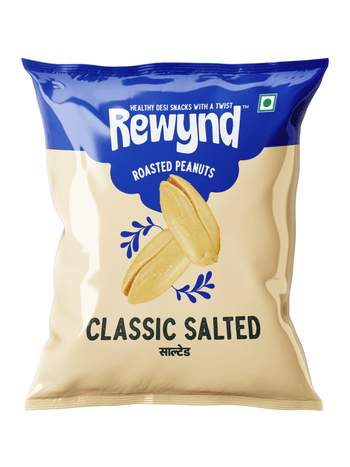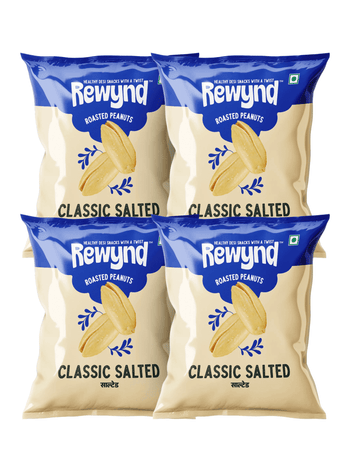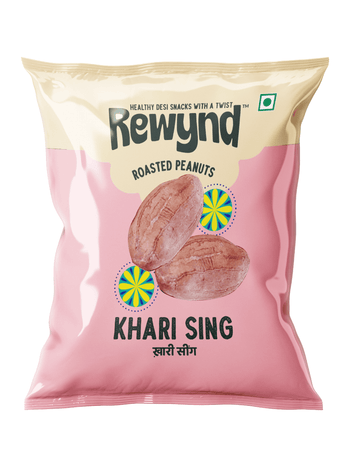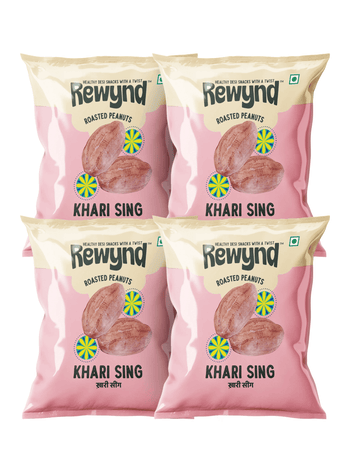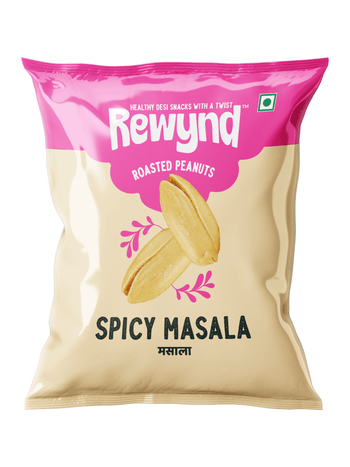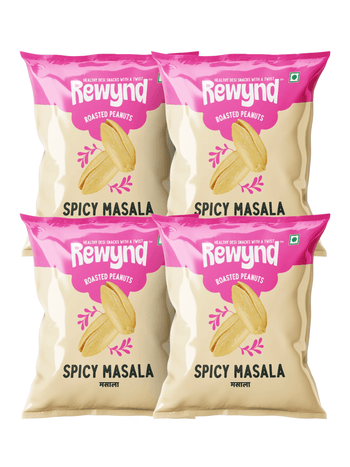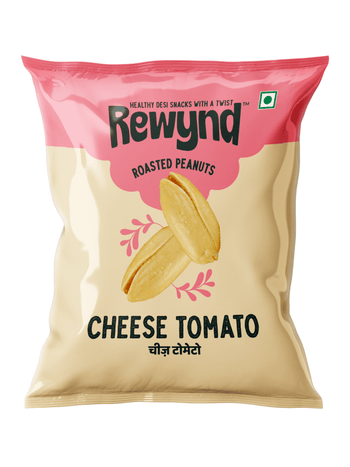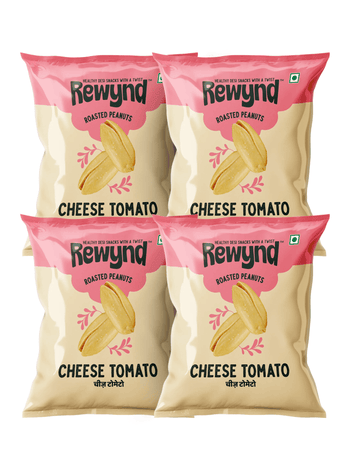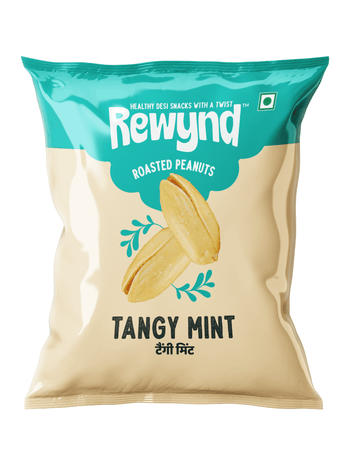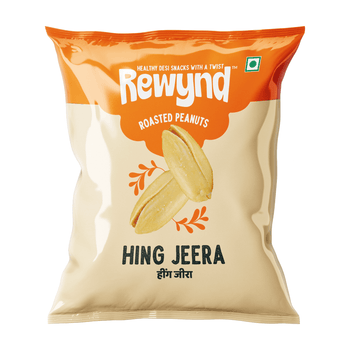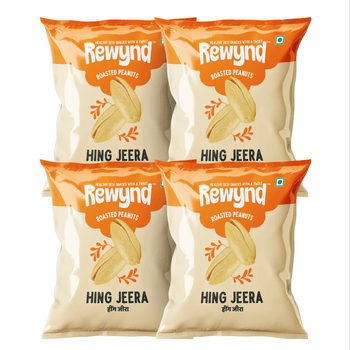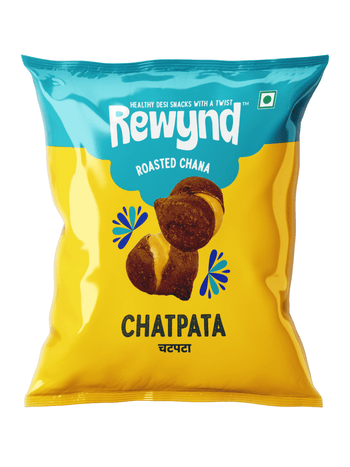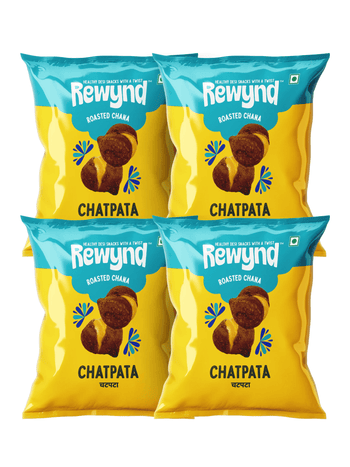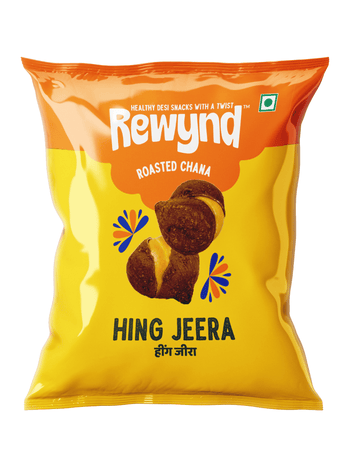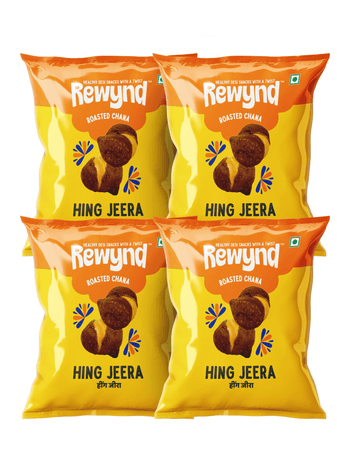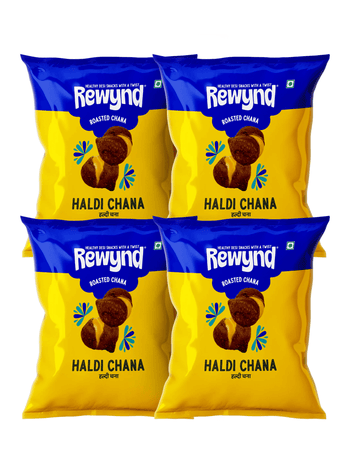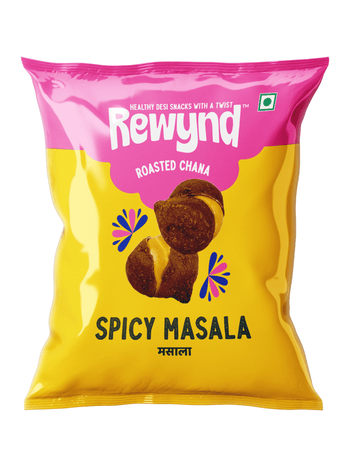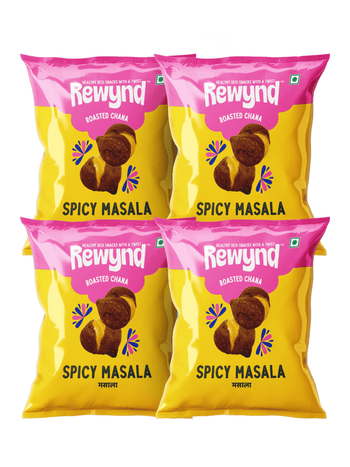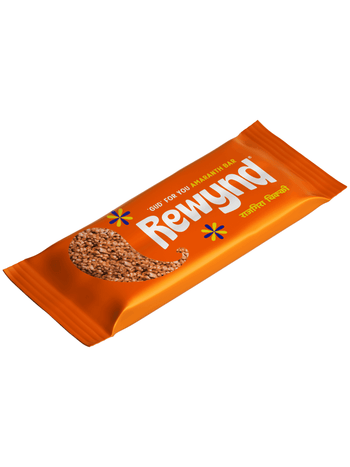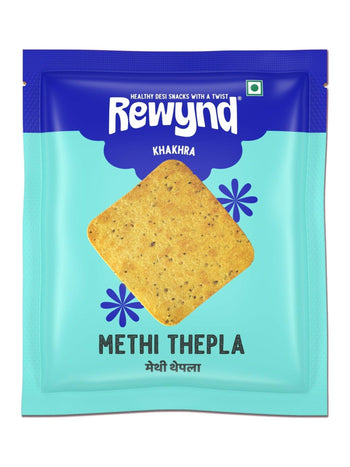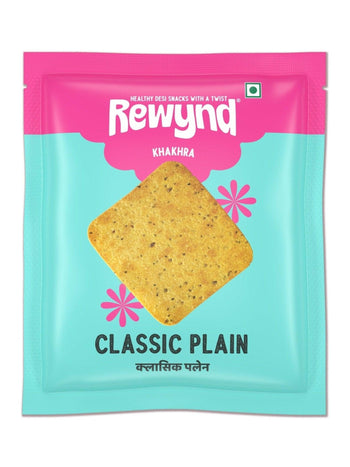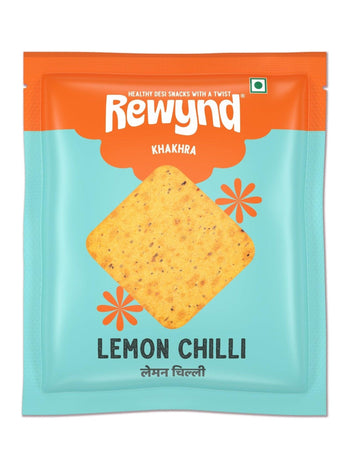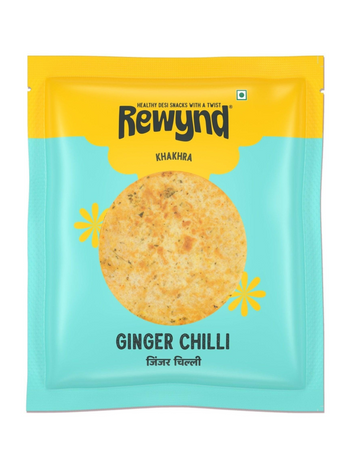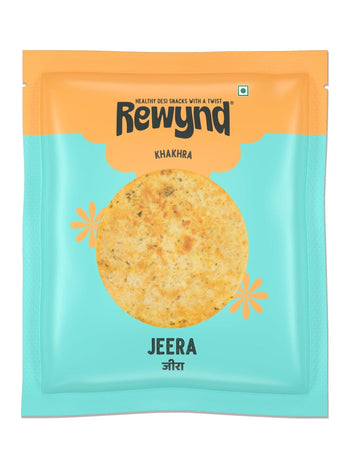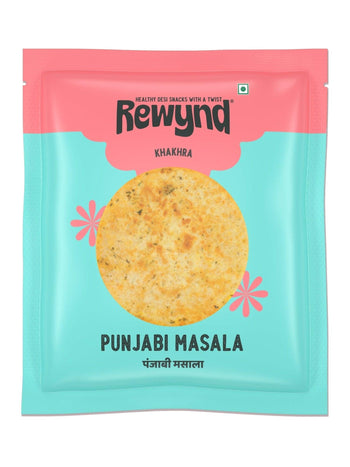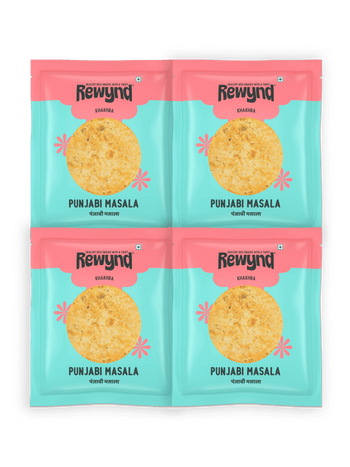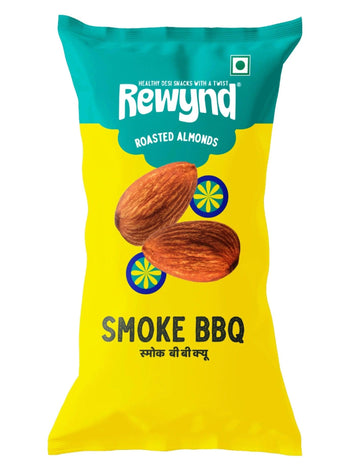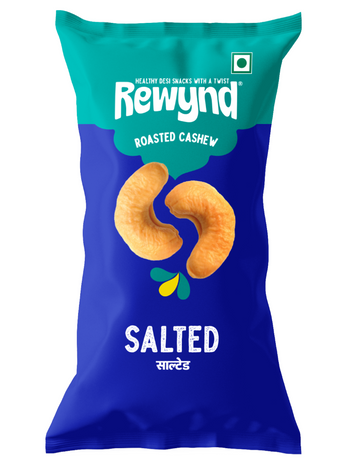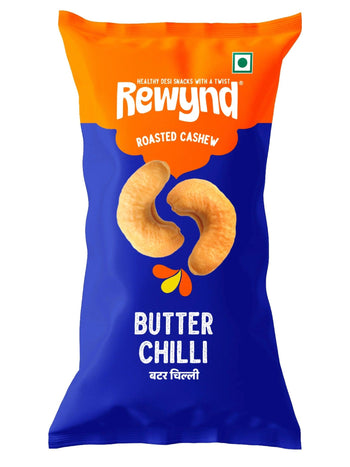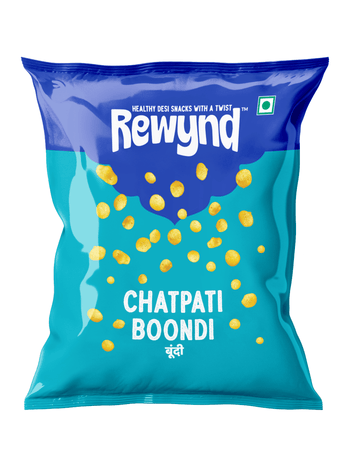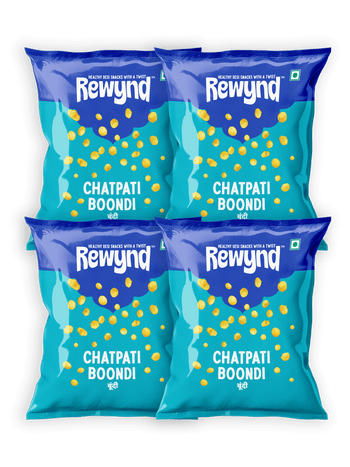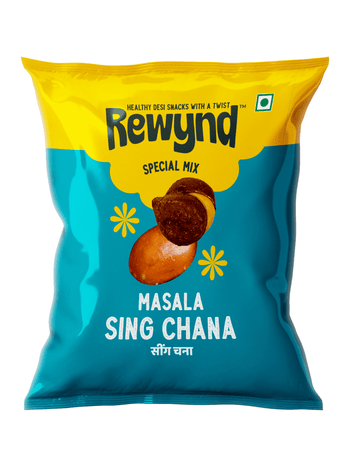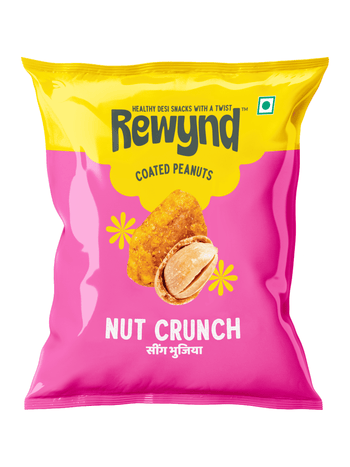Winter brings more than just chilly air—it’s a season steeped in traditions, warm foods, and age-old beliefs about what we should eat. But not everything we hear about winter foods holds up under scrutiny. Let’s unpack common myths, explore their truth, and offer practical food tips to help you stay warm, nourished, and healthy.
Unpacking Common Winter Food Myths
|
Myth |
Fact |
|
Hot foods generate body heat. |
Hot foods provide temporary warmth, but body heat generation relies on metabolism, not food temperature. Complex carbs and healthy fats (like peanuts and millet) fuel the body for sustained warmth. |
|
Spicy foods prevent winter illnesses. |
Spices like ginger and cinnamon can boost circulation and ease congestion, but they don’t directly prevent illnesses. Overconsumption may irritate digestion. Balance is key. |
|
Carbs in winter lead to weight gain. |
Whole grains like baajra and corn provide slow-digesting energy necessary for winter. It’s refined carbs, not whole grains, that contribute to weight gain. |
|
Fruits are cooling and should be avoided in winter. |
Seasonal fruits like oranges and guavas are rich in vitamins, supporting immunity. Their natural sugars offer energy during the cold months. |
|
Milk increases mucus production. |
There’s no scientific proof that milk leads to more mucus. Warm milk with turmeric can ease congestion and support immune health. |
The Role of Traditional Indian Winter Foods
Winter calls for foods that keep us warm and align with traditional wisdom that has stood the test of time. Indian winter cuisine is replete with ingredients known to support immunity, energy levels, and overall well-being. Here are a few must-haves for the winter season:
- Gud Chana (Jaggery with Chana): This classic snack pairs iron-rich jaggery with protein-packed roasted chana (gram). Jaggery is widely consumed in winter for its natural warmth and detoxifying properties, while chana is a great source of iron and fiber. Together, they make a powerhouse snack that curbs hunger and supports immunity.
- Sesame and Peanut Chikki: In regions like Maharashtra and Rajasthan, chikkis made from sesame seeds and peanuts are a winter staple. Sesame seeds, known for their warming qualities, are high in calcium and healthy fats, while peanuts provide essential protein and energy. This combination not only tastes delightful but also boosts vitality.
- Whole Grains like Bajra and Corn: Bajra (pearl millet) and makai (corn) are loaded with fiber and complex carbohydrates, ideal for sustained energy. Bajra rotis and corn porridges are winter favorites, aiding digestion and helping regulate blood sugar levels.
- Winter Vegetables: Seasonal vegetables like carrots, sweet potatoes, spinach, and fenugreek are abundant during winter. Rich in antioxidants and vitamins, these greens support digestion and strengthen immunity. Dishes like palak paneer and ghee-based curries with these vegetables provide sustained energy, keeping winter fatigue at bay.
- Ghee and Saffron: Known for their warming properties, both ghee and saffron add richness and health benefits to winter foods. Ghee supports digestion and nutrient absorption, while saffron, often added to warm milk, promotes circulation and adds a luxurious flavor.
The Importance of Green Vegetables and Whole Grains in Winter
Winter is the season to enjoy fiber-rich vegetables and whole grains, as the body’s digestive system works more efficiently in cold weather.
- Carrots & Sweet Potatoes: Rich in beta-carotene, they support eye health and immunity.

- Green Vegetables: Spinach, fenugreek, and mustard greens are essential for a nutrient-rich winter diet, promoting digestion and reducing inflammation.

- Millets (Baajra) : These whole grains provide sustained energy and warmth. Baajra rotis served with ghee and jaggery are a winter staple across India, known to nourish and improve digestion.
Concluding Lines
Winter offers the perfect excuse to indulge in time-tested recipes that nurture both body and soul. You align with the wisdom of the seasons by embracing local, traditional foods like jaggery, peanuts, sesame, and leafy greens. Avoid falling for myths—let facts guide your choices as you enjoy winter healthily.
Stay cozy, snack smart, and let these winter foods fuel you from within! 🌰🍯



